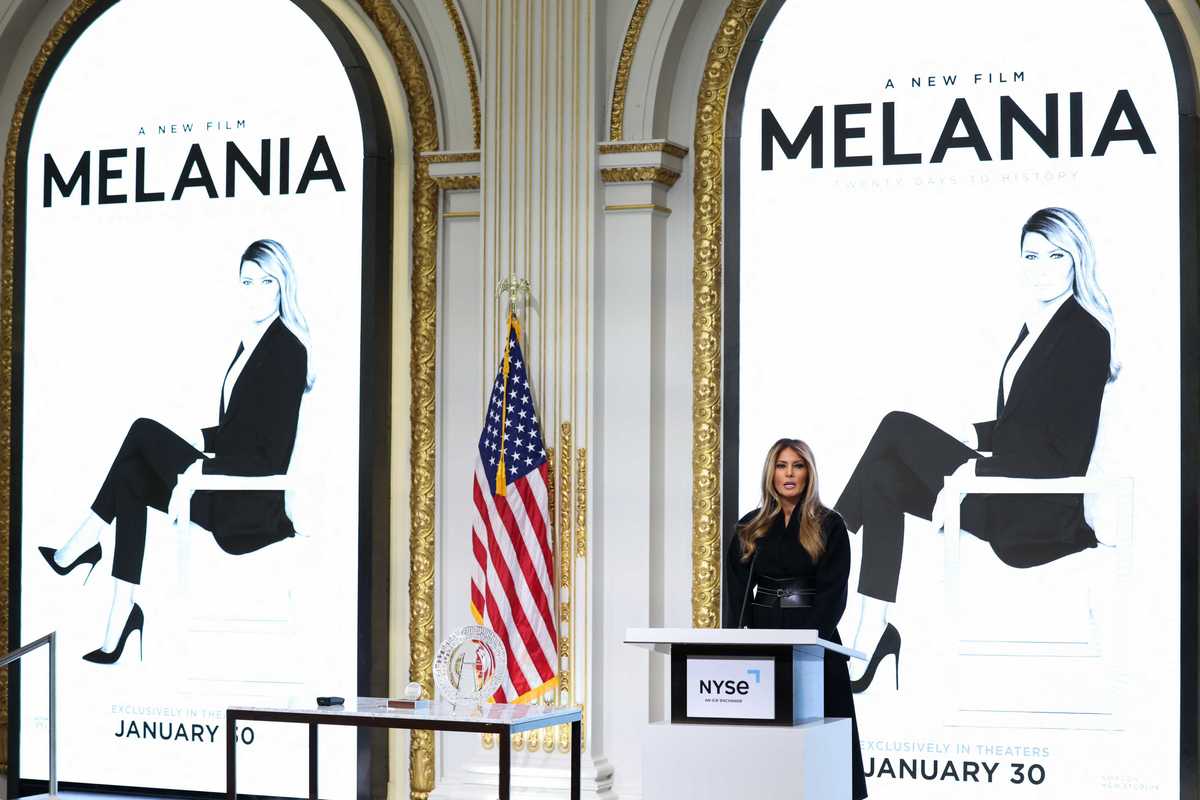
The survey found that young people work less hard and value a greater work-life balance
Older people love accusing Millennials and Generation Z of being lazy in the workplace. Now, a survey in Australia has bolstered their cases, finding that factors like hybrid working and lower-than-usual unemployment has led younger people to have more relaxed attitudes towards their jobs.
The findings come after Immigration to Australia asked 1,002 people in the country to evaluate their post-Covid work habits, in a bid to understand how the pandemic has affected how people approach employment.
One-third of people between ages 18 and 30 said they are more relaxed about their jobs because unemployment rates in the country have dipped. Meanwhile, 77 per cent said they have no intention of going back to working in the same way they did before lockdowns made remote and hybrid work the norm.
Sign up to our free Indy100 weekly newsletter
Younger Australians are also more likely to take an hour off “here and there” when working from home, the survey found. About 14 per cent of people under age 34 said they occasionally took hour-long breaks.
“It is interesting to see the number of young Australians unconcerned about the job competition, particularly when faced with the challenges of rising living costs,” said Alon Rajic, founder and managing director of Immigration to Australia.
“However, to enhance productivity, invigorate Australian businesses, and foster healthy competition, it is essential for everyone to strive towards pre-pandemic production levels. This becomes increasingly important as competition for roles is increasing in line with increased migrant worker numbers.”
Generation X and Boomers – people born between 1955 and 1980 – said they were working just as hard as before the pandemic, with nearly 90 per cent said they had a strong work ethic. People aged above 55 also said they didn’t demand as much from their employer as younger generations and were more likely to talk to colleagues.
“However, to enhance productivity, invigorate Australian businesses, and foster healthy competition, it is essential for everyone to strive towards pre-pandemic production levels. This becomes increasingly important as competition for roles is increasing in line with increased migrant worker numbers.”
Part of the motivation for younger generations to adopt a more casual approach is to avoid burnout, the survey suggested. Pension age is increasing in many of the world’s major economies, which will see younger people work longer than their Boomer counterparts.
“Older generations have traditionally been driven by a strong focus on career advancement, striving to get ahead of the game,” Rajic said. “Having experienced several recessions, (they) value success in their work lives, including career progression and job stability.”
Gen Z and Millennials on the other hand are more work-life balance-focused, and are “motivated to succeed in multiple areas of their lives.”
It all suggests that while young people may not work harder, they’re definitely working smarter.
Have your say in our news democracy. Click the upvote icon at the top of the page to help raise this article through the indy100 rankings.













